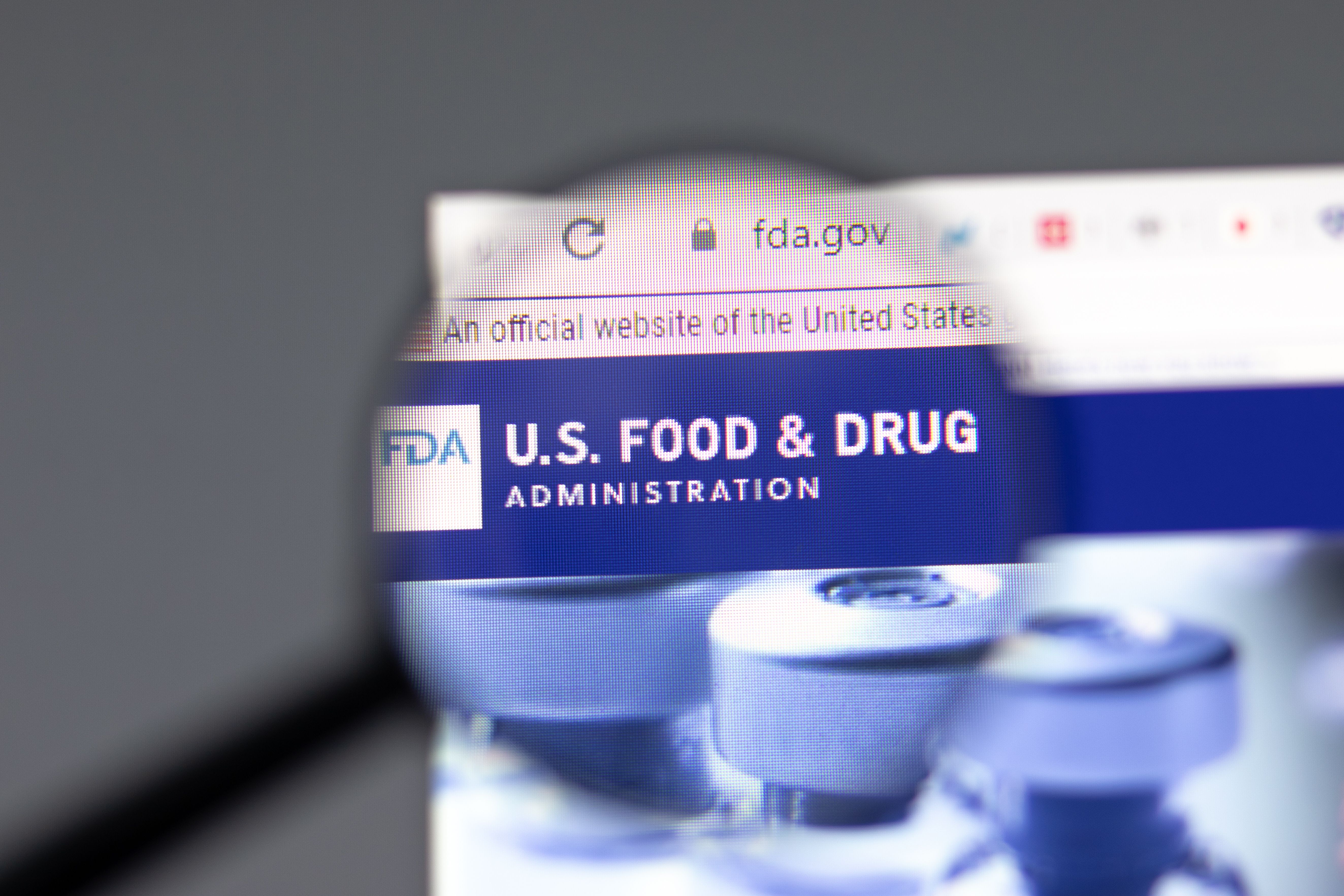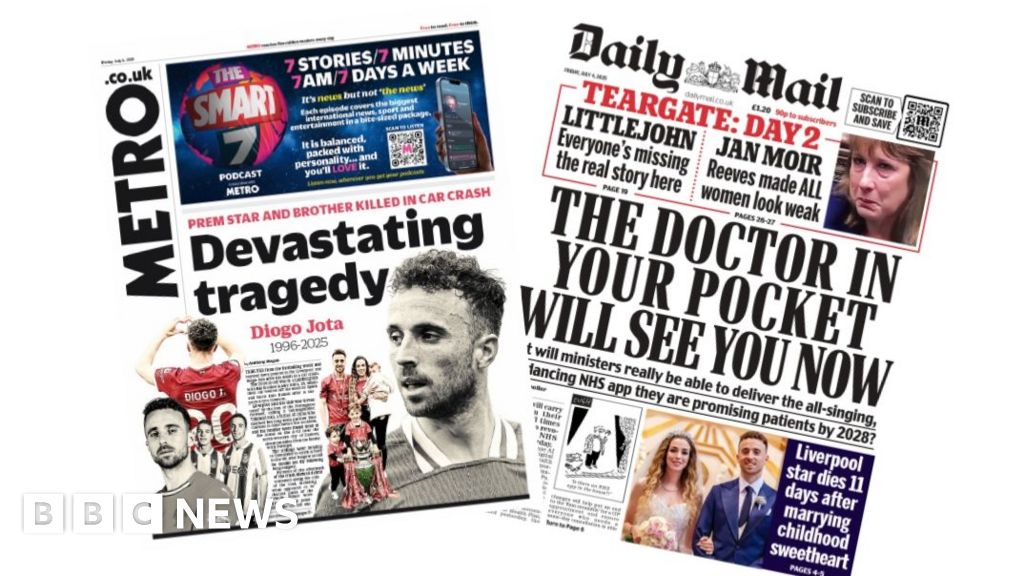A roundup of the most impactful FDA approvals in pediatric health from January through June 2025, spanning diagnostics, therapeutics, and at-home care.
Key FDA approvals in pediatric health: First half of 2025 | Image Credit: © Postmodern Studio - stock.adobe.com.

The first half of 2025 has seen a surge of FDA approvals that expand treatment options and improve access to care for patients across multiple pediatric and adolescent health conditions.
From novel vaccines and needle-free emergency treatments to groundbreaking therapies for rare diseases, HIV prevention, and autoimmune disorders, these approvals reflect critical strides in both innovation and accessibility. Many of the newly authorized therapies offer more convenient dosing, at-home administration, or first-in-class mechanisms, addressing long-standing clinical gaps and supporting personalized care.
In this midyear roundup, Contemporary Pediatrics highlights the most impactful FDA decisions from January through June 2025 that are shaping the future of care for infants, children, and teens.
Click on each title below to read more.
2025 regulatory updates in pediatrics
1. FDA approves GSK's meningococcal ABCWY vaccine
On February 14, 2025, the FDA approved the meningococcal ABCWY (MenABCWY, Penmenvy; GSK) vaccine for individuals aged 10 to 25 years, offering protection against the five major serogroups (A, B, C, W, Y) of Neisseria meningitidis, which cause invasive meningococcal disease (IMD).
The vaccine combines components of the meningococcal group B vaccine (Bexsero) and the ACYW conjugate vaccine (Menveo). Approval was based on a phase 3 trial (NCT04502693) involving 3,650 participants across seven countries, demonstrating strong immunogenicity, non-inferiority to existing vaccines, and a well-tolerated safety profile. MenB accounts for over half of IMD cases in Sadolescents and young adults, yet vaccination rates remain low.
2. FDA approves neffy 1 mg for anaphylaxis in children aged 4 years and older
The FDA approved epinephrine nasal spray (neffy; ARS Pharmaceuticals) 1 mg on March 5, 2025, for children aged 4 years and older weighing 33 to 66 lbs, making it the first needle-free epinephrine treatment for younger pediatric patients. This expands its indication beyond the original August 2024 approval for patients weighing at least 66 lbs.
Expected to launch in the United States by May 2025, neffy offers a user-friendly, temperature-stable alternative to traditional epinephrine auto-injectors, addressing fears of needle-based administration that often delay treatment. Approval was based on pharmacokinetic and pharmacodynamic data showing comparable efficacy to injectable epinephrine.
3. FDA approves diazoxide choline extended-release tablets for hyperphagia in Prader-Willi syndrome
The FDA approved diazoxide choline extended-release tablets (VYKAT XR; Soleno Therapeutics) on March 26, 2025, for treating hyperphagia in individuals aged 4 years and older with Prader-Willi syndrome (PWS). Granted priority review, breakthrough therapy, fast track, and orphan drug designations, VYKAT XR is the first approved treatment specifically addressing hyperphagia, a hallmark symptom of PWS.
In phase 3 trials, the treatment significantly improved hyperphagia, aggressive behaviors, fat mass, and metabolic parameters, with patients showing greater reductions in hyperphagia scores at 26 and 52 weeks compared to natural history data (P < 0.001). PWS, which affects approximately 1 in 15,000 live births, is associated with persistent hunger, cognitive disabilities, and metabolic challenges. Advocacy groups and researchers hailed the approval as a critical advancement for the PWS community.
4. FDA approves clesrovimab to protect infants during first RSV season
On June 9, 2025, the FDA approved Merck’s clesrovimab (Enflonsia), an extended half-life monoclonal antibody, to protect infants from respiratory syncytial virus (RSV) during their first RSV season. The approval was supported by positive results from the phase 2b/3 CLEVER and phase 3 SMART trials, which demonstrated that a single dose of clesrovimab significantly reduced RSV-related infections and hospitalizations in both healthy and high-risk infants. In the CLEVER trial, clesrovimab reduced medically attended lower respiratory infections by 60.5%, RSV-related hospitalizations by 84.3%, and severe RSV cases by over 90% through 5 months post-dose (P < 0.001 for all). Unlike other monoclonal antibodies, clesrovimab targets site 4 of the RSV fusion protein, neutralizing more than 96% of RSV A and B strains. The therapy, given as a fixed intramuscular dose, offers direct, rapid, and durable protection throughout a typical RSV season.
5. FDA approves new presentation of ustekinumab-stba biosimilar for plaque psoriasis, psoriatic arthritis
On June 15, 2025, the FDA approved a new presentation of ustekinumab-stba (Steqeyma; Celltrion), a biosimilar to ustekinumab (Stelara), in a 45mg/0.5mL single-dose vial for subcutaneous injection. The new dosage form is indicated for patients aged 6 to 17 years weighing under 60 kg with plaque psoriasis or psoriatic arthritis. With this approval, ustekinumab-stba matched all dosing forms of the reference product. The decision was supported by phase 3 data showing clinical similarity to the reference biologic, with no meaningful differences in safety or efficacy.
6. FDA approves garadacimab-gxii to prevent HAE attacks in patients aged 12 years, older
On June 17, 2025, FDA approved CSL’s garadacimab-gxii (Andembry), a first-in-class monoclonal antibody targeting factor XIIa, to prevent hereditary angioedema (HAE) attacks in patients aged 12 years and older. Approval was based on the phase 3 VANGUARD trial, where once-monthly garadacimab-gxii reduced mean HAE attack rates by 86.5% and median attack rates by over 99% compared to placebo (P < 0.001). An open-label extension study also showed sustained efficacy and a favorable long-term safety profile. Experts highlighted its novel mechanism and convenient dosing as key advances for HAE management. Meanwhile, FDA review of another HAE therapy, sebetralstat, has been delayed due to resource constraints, though no concerns about its safety or efficacy were raised.
7. FDA approves twice-yearly lenacapavir as PrEP for HIV in adolescents, adults
On June 18, 2025, the FDA approved lenacapavir (Yeztugo; Gilead Sciences), the first and only twice-yearly injectable HIV-1 capsid inhibitor for pre-exposure prophylaxis (PrEP) to reduce the risk of sexually acquired HIV in individuals aged 12 and older weighing at least 35 kg. Approval was based on results from the phase 3 PURPOSE 1 and PURPOSE 2 trials, in which lenacapavir showed no HIV infections among cisgender women in sub-Saharan Africa (PURPOSE 1) and just 2 infections among 2179 participants in a diverse population including cisgender men and gender-diverse people (PURPOSE 2), achieving over 99.9% effectiveness in both trials. The treatment demonstrated superiority over once-daily oral Truvada (F/TDF), offering a long-acting option for people who prefer or require less frequent dosing. Experts hailed the approval as a major step forward in HIV prevention, potentially improving adherence and reducing stigma associated with daily PrEP.
8. FDA approves at-home belimumab autoinjector for children with lupus nephritis
On June 24, 2025, the FDA approved a 200 mg/mL autoinjector formulation of belimumab (Benlysta; GSK) for at-home use in children aged 5 years and older with active lupus nephritis (LN), making it the first subcutaneous, self-administered biologic treatment for pediatric LN. Originally approved for adult SLE in 2011 and expanded to pediatric indications in later years, this new formulation offers a convenient alternative to intravenous infusions, potentially reducing clinic visits and easing treatment burdens for families. The decision was based on belimumab’s established safety and efficacy profile. Experts noted that pediatric lupus is often more severe than adult-onset disease, making flexible treatment options critical. The autoinjector is now available for eligible patients and can be administered by a health care provider or trained caregiver at home.









 English (US) ·
English (US) ·